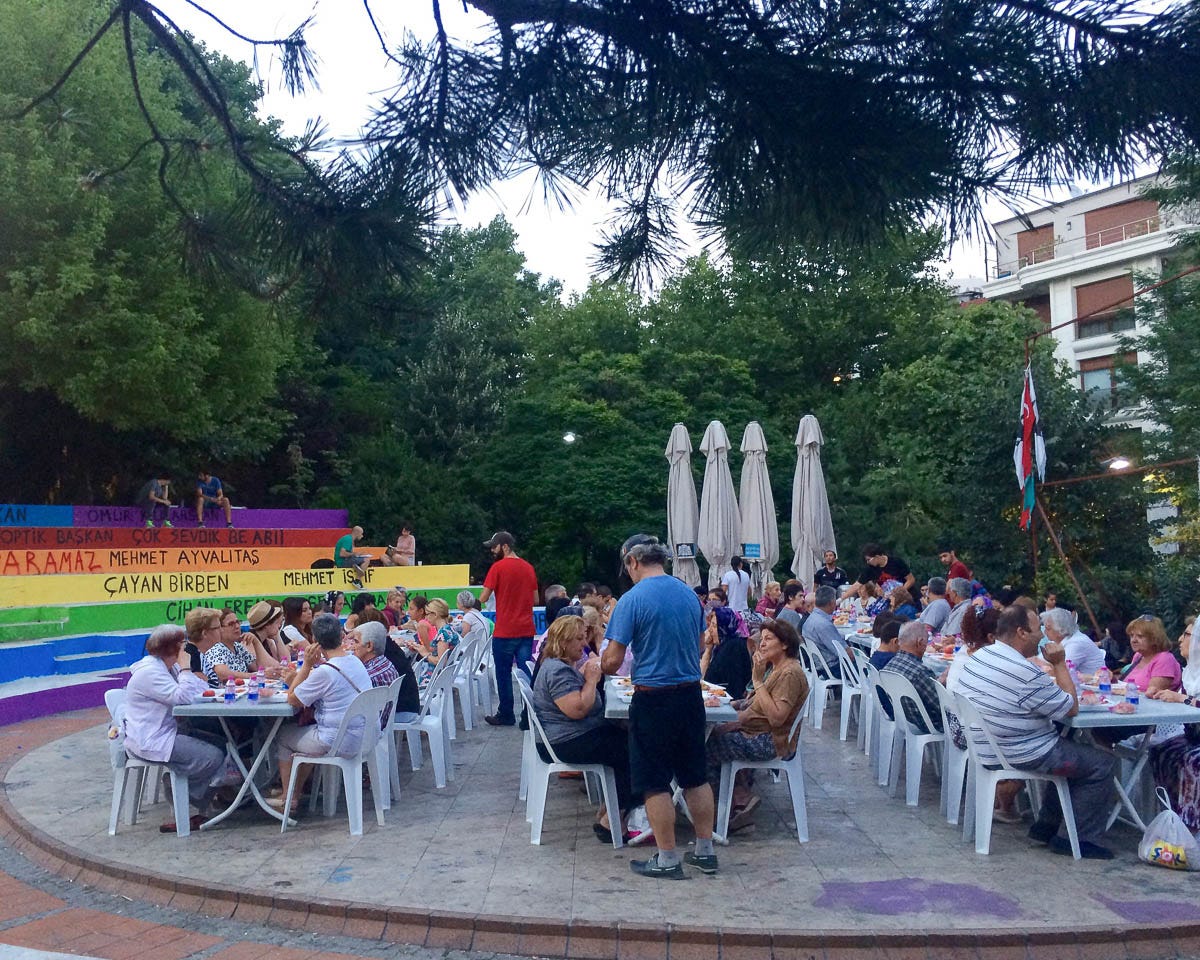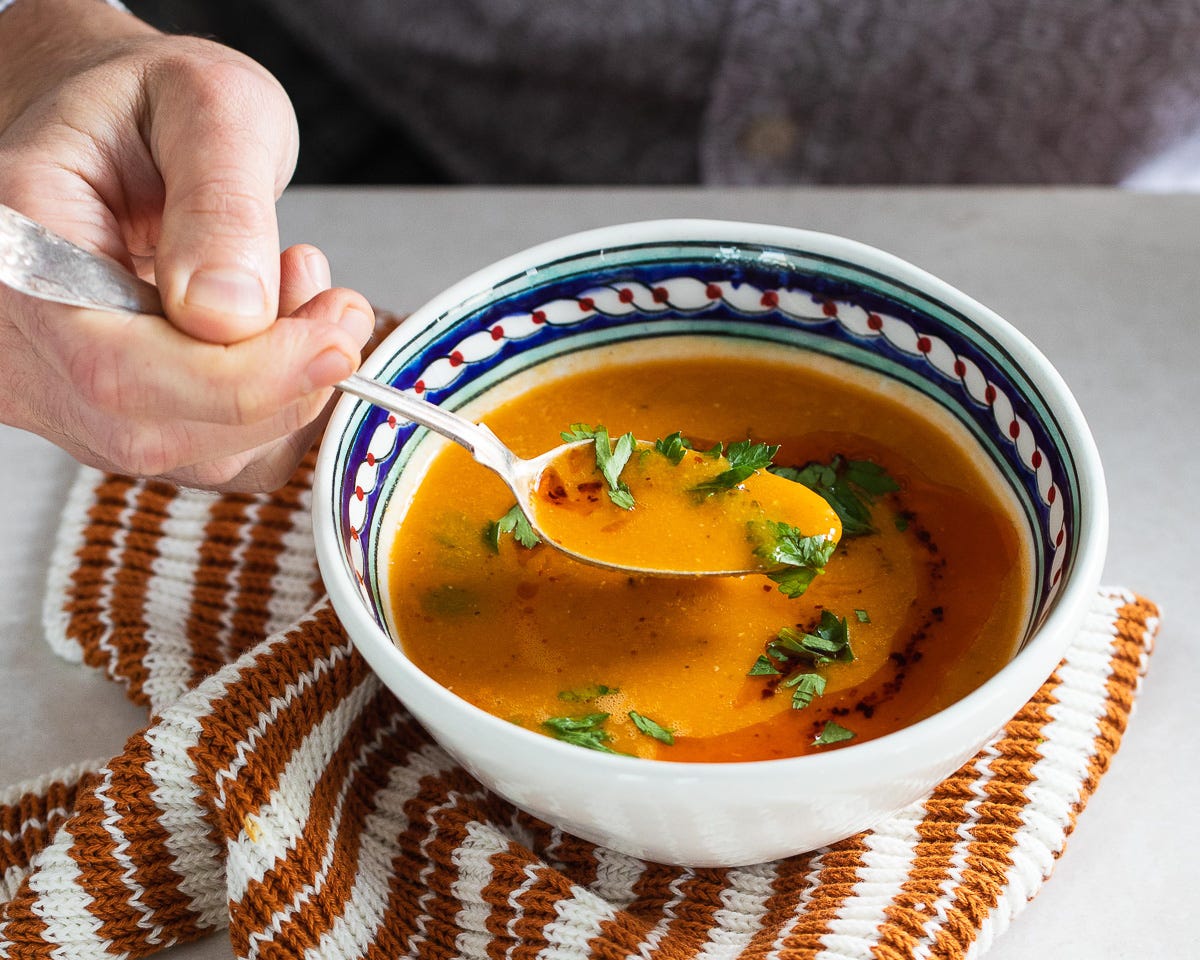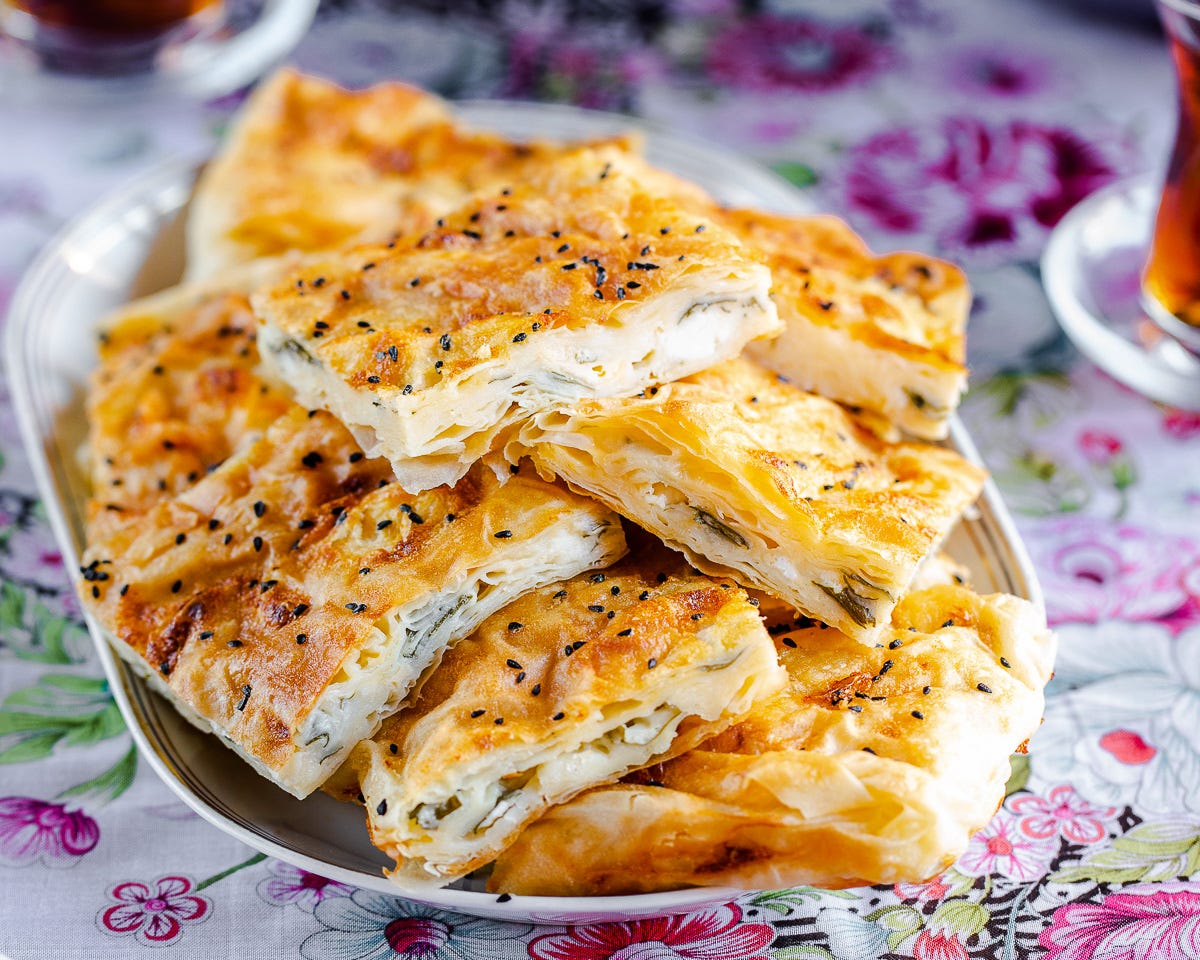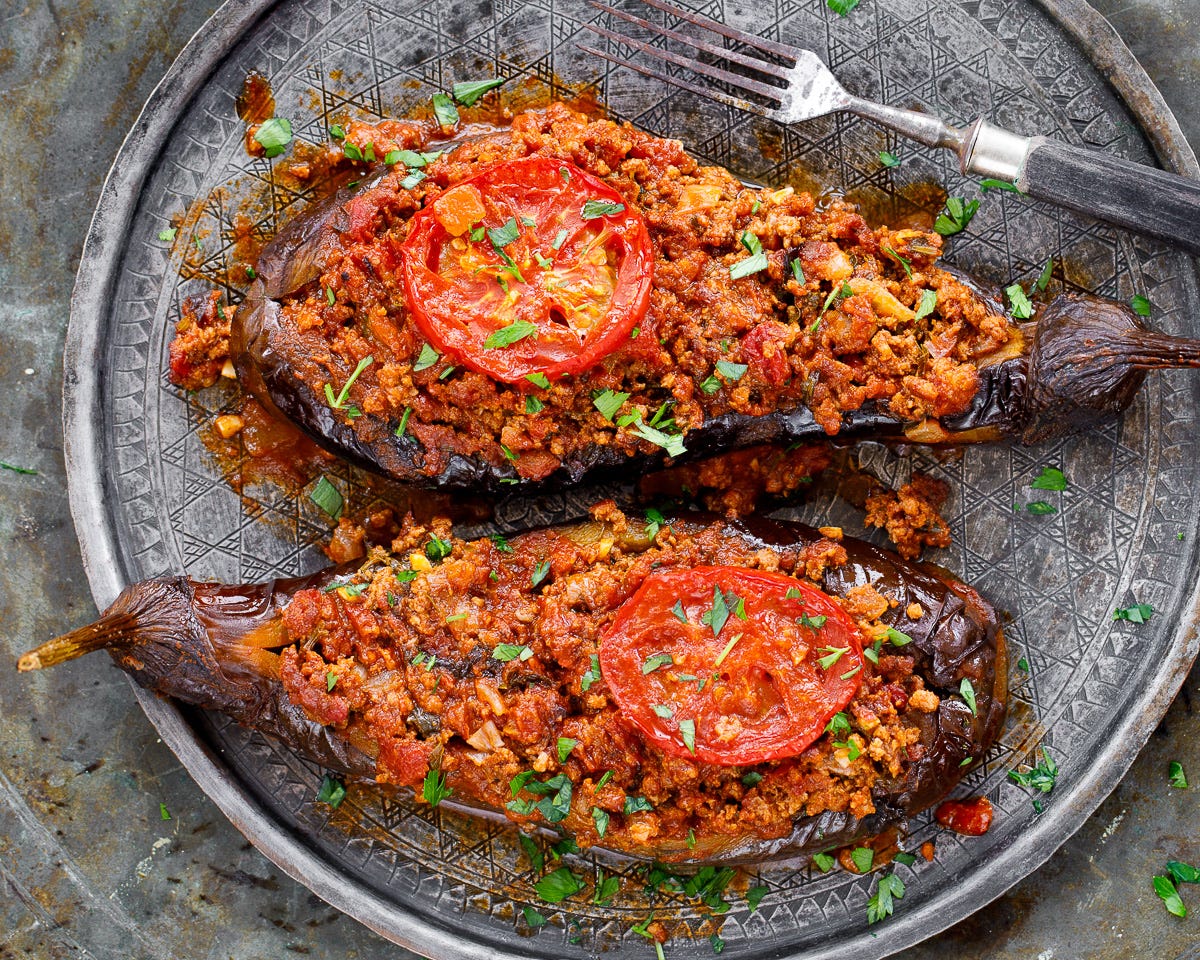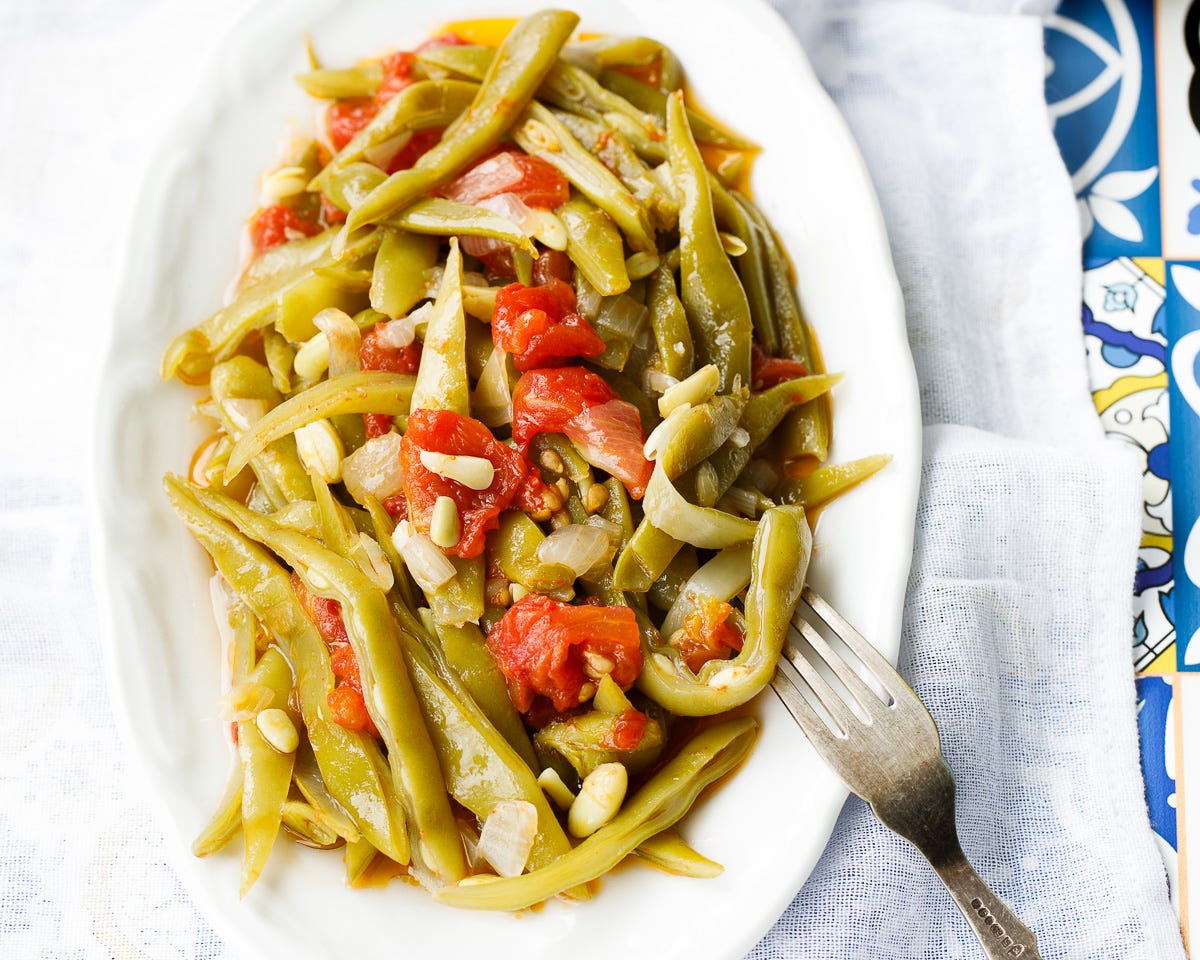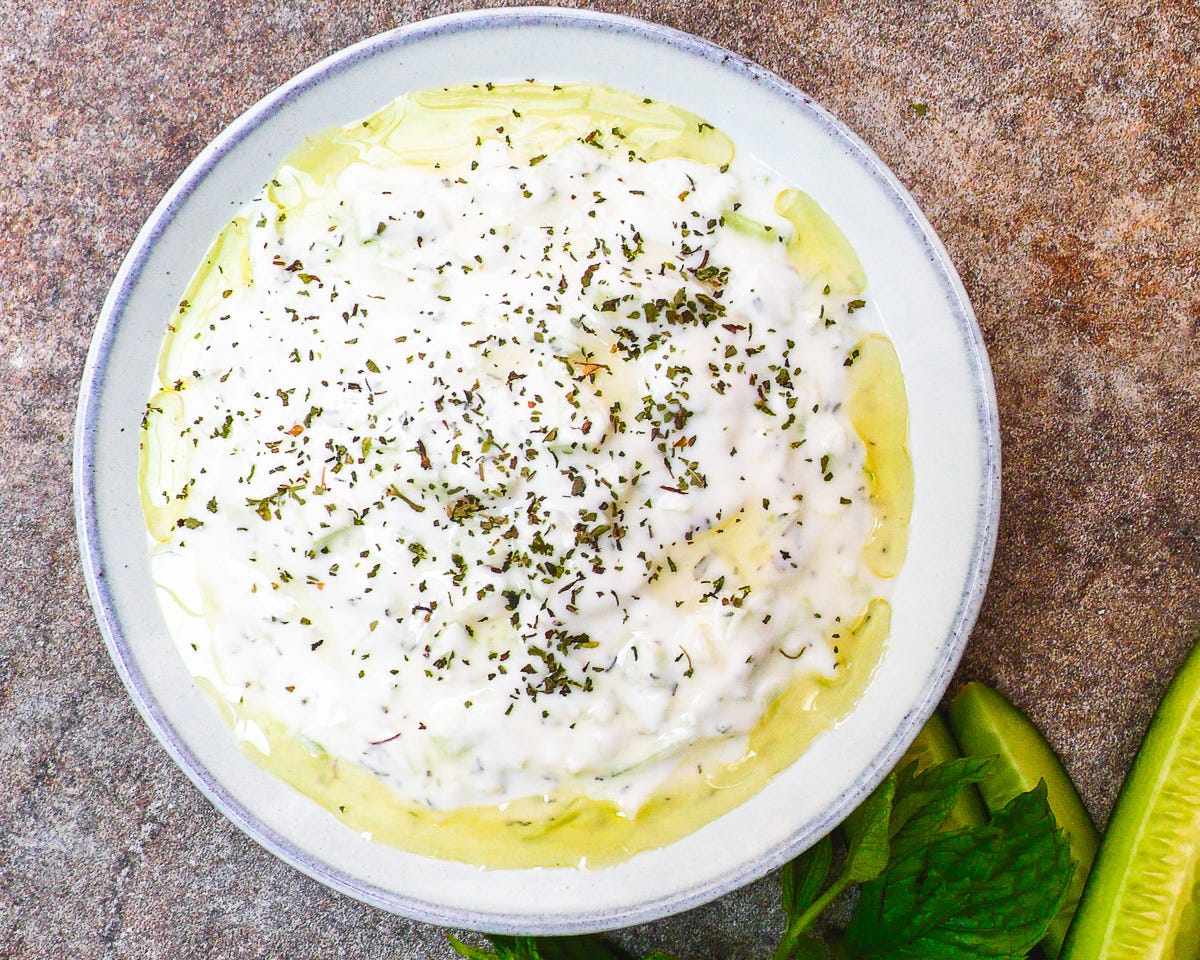Istanbul may be a city that never sleeps, but my neighbourhood of Balat certainly does. From midnight until late morning it’s so quiet here you could probably hear a pin drop down the street. The only occasional sounds are those of barking street dogs or cats chasing each other.
On the morning of the first day of ramadan, however, I am always awakened at an ungodly hour.
BOOM-KA-DA-BOOM-KA-DA-BOOM-BOOM-BOOM-KA-DA-BOOM-KA-DA-BOOM-KA-DA-BOOM-BOOM-BOOM
When I first arrived here, I was confused. Now in my eighth year, this repetitive and somewhat unrhythmical sound of drums is instantly recognisable, even anticipated.
The drummer is an ancient tradition. His job is to wake up the neighbourhood in time for suhoor, the meal before sunrise which is to keep those fasting going until sunset. Now all but vanished from modern cities, they remain a charming feature of older, residential neighbourhoods like Balat.
My first ramadan
Having grown up in Norway without as much as a single muslim in the vicinity, abstaining from food, drinks and other pleasures like alcohol, sex and cigarettes for a full month was always a very abstract concept. If I’m honest, it sort of still is. But as I soon learned, ramadan is about so much more than abstention.
It’s also about sharing, about being with close ones. Iftar, the meal that breaks the fast at sunset, is a feast where the whole family gathers. After the meal, the kids play while the adults chat over endless cups of tea and platters of dried fruit and nuts. Every day for thirty days, in whatever way you can afford.
I enjoyed my first iftar many years ago in the square between the majestic Sultanahmet Camii (better known as The Blue Mosque) and Hagia Sophia, the 6th century church that was long the world’s largest interior space. The Hagia Sophia was converted to a mosque when the Turks conquered Istanbul in 1453, and its iconic building style has proven so influential, virtually all major mosques in Turkey are essentially replicas with only slight modifications. After being turned into a museum by Atatürk after the foundation of the modern-day Turkish republic a century ago, it was once again converted to a mosque three years ago in an act of apparent populism. But I digress.
As we arrived at this historic spot about an hour before sunset, the gardens and square were already filled with large groups that were already, quietly and patiently, awaiting the muazzin’s call to prayer, at which time the feast could commence. Even though there was still quite a bit of time left, most had already set up their tables or rugs, all the way down to unscrewing the cork of bottles of your favoured drink (you don’t want to be stuck unable to open it once you’re finally allowed a sip). Barely a word was spoken, but everyone was ready to tuck in at a moment’s notice. Although I wasn’t fasting, I’d had a very light and early lunch and it was already late. This was in late June, so the days were long. Very long. As such, I could sympathise somewhat with the air of expectation as we awaited the call to eat.
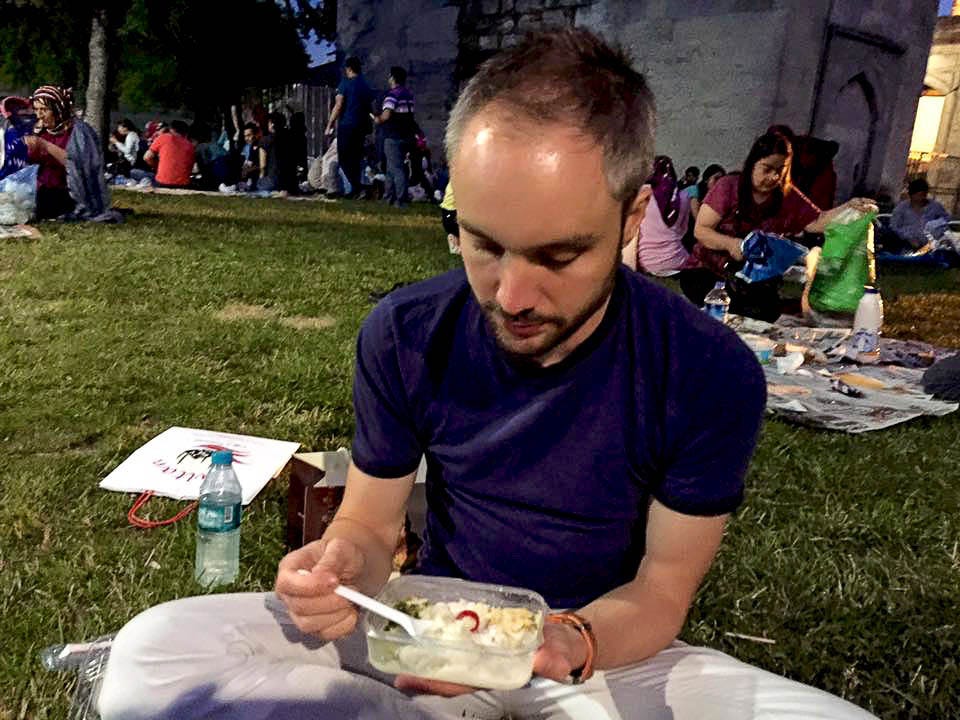
As soon as the first sounds bellowed from the loudspeakers of the minarets of the Blue Mosque, the surroundings changed immediately.
We’d brought a few mezes which we topped up with a take-away bowl of soup and fresh bread from the bakery, and immediately dipped in. Around us, food, drink, stories and laughter were all shared generously. Soon, children were playing while the parents brewed Turkish tea in little wood fired kettles they’d brought along.
The atmosphere couldn’t be more different from the tense and quiet of a few moments earlier. It was almost as if someone had flicked a switch of magic.
A spontaneous simple feast
A week or so later we found ourselves in Beşiktaş, the vibrant neighbourhood best known for its football team, one of the three major teams in Turkey.
Our business there was done, but Istanbul’s notorious traffic was particularly bad that day, so we decided to take a walk around the Abbasağa park up the hill. Here, we encountered an iftar feast organised by Çarşı, the perhaps most radically left supporter group of Beşiktaş (most Turkish teams have multiple supporter groups, many of them highly political).
With the help of volunteers and donations from members of the group, they’d prepared a few long tables and a simple iftar meal for anyone passing by – young or old, football lovers or not, progressive or conservative. Some soup, a stew, a little bulgur, a piece of bread.
A beautiful experience of sharing a meal and a chat with friends and strangers alike.
Ramadan food in Turkey
In Turkey, the fast is often broken by a small bowl of soup. That’s usually followed by a salad and a simple main course with some rice or bulgur. Alongside, a huge loaf of bread particular to the month of ramadan. Bakeries always ensure to have plenty of them fresh and still warm in the hour before sunset, and you’ll often see queues forming as everyone gets their fresh loaves in time for iftar. At least once during ramadan, one should also enjoy güllaç, a dessert of rice sheets soaked in sweetened milk flavoured with rose water and topped with nuts that’s only served during this month.
But güllaç aside, there isn’t a set dish or menu that is universally enjoyed during ramadan in Turkey. It’s all about enjoying your favourite seasonal food with close ones. Below, I’ve included some of my favourites that are often eaten during this time. I hope you enjoy them, whether you’re observing or living with ramadan or not.
Vidar
A few dishes to try
Lentil soup (Mercimek çorbası)
The king and queen of Turkish soups. So simple, yet so much flavour!
Ramadan flatbread (Ramazan pidesi)
My favourite Turkish bread – and I happily make it any time of year!
Turkish tray börek with cheese (Peynirli tepsi böreği)
Perfect for bringing along to picnics.
Stuffed aubergine with meat (Karnıyarık)
One of Turks’ most favoured home meals.
Runner beans in olive oil (Taze fasulye)
Simple but delicious vegan meal.
Cacık (Turkish tzatziki)
Goes so well alongside just about anything.





